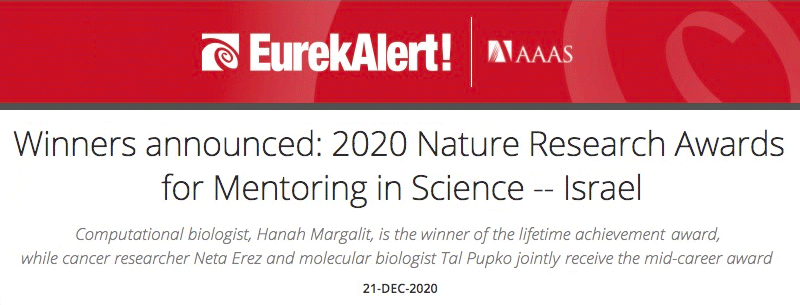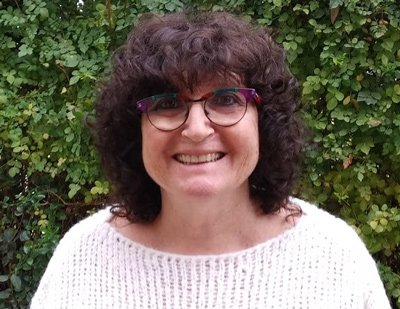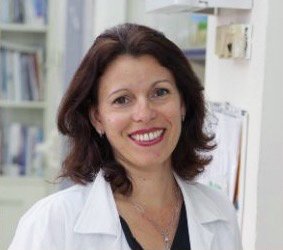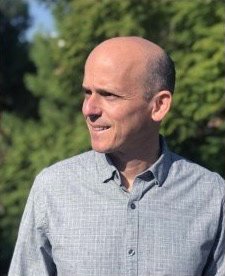
Two awards that celebrate outstanding mentorship in science will be presented to three Israeli scientists. The first award for lifetime achievement in mentoring goes to Hanah Margalit, professor in the faculty of medicine at the Hebrew University of Jerusalem. The second award for mid-career mentoring achievement goes jointly to Neta Erez, professor at the Sakler School of Medicine, Tel Aviv University, and Tal Pupko, professor at The Shmunis School of Biomedicine and Cancer Research, Tel Aviv University. Each award includes a cash prize of US$10,000 (which will be shared by the joint winners), a certificate and a trophy.

For nearly 15 years, Nature has been recognizing outstanding scientific mentors in different regions around the world with the Nature Research Awards for Mentoring in Science. This year’s awards invited nominations of outstanding mentors from Israel.

Throughout her career, Hanah Margalit has pioneered the field of bioinformatics in Israel and beyond. Her creativity, courage and open mind have led her to repeatedly open new directions in multiple fields, including the study of protein-protein interactions, complex biological networks, small RNAs and others. As a mentor, she has supervised more than 50 students and researchers, many of whom have gone on to hold positions as PIs at top universities or leading positions in industry. Her mentees speak highly of her ability to inspire, motivate and foster independence in her students.
“Prof. Hanah Margalit is the best mentor I ever met. The open, friendly and collaborative atmosphere that she inspired in the lab made it possible for us to learn from each other, have fruitful and insightful conversations, work collaboratively, and motivate each other.”
“Hanah’s recommendation letters were believed to have mystical powers, and only years later I realized that they merely reflect Hanah’s way of believing in each of her students and seeing their strengths.”
“When I was accepted to Hanah’s lab I learned something very deep and amazing about her mentorship: she raises her students in their own image, not in hers.”

Mid-career mentoring awardee, Neta Erez, studies the role tumor-promoting inflammation and immune suppression have in breast cancer and melanoma metastasis to the lung, brain and bone. Her lab comprises students and researchers with medical and scientific backgrounds, and her enthusiasm for mentoring and sharing her knowledge and skills with others is highly appreciated by all of her mentees. Erez has also started initiatives that have contributed to mentorship more broadly in her institution.
“It was truly a once-in-a-lifetime privilege to work under the supervision and guidance of Neta, and I truly believe that her example will endlessly provide me with the empowerment to become a better scientist, physician, and above all, a better person.”

Joint mid-career mentoring awardee, Tal Pupko’s research spans the fields of molecular evolution, bioinformatics and pathogenomics. Within his lab he has been very successful in training interdisciplinary scientists and four of his previous PhD students have gone on to take positions at PIs at Israeli universities.
“Despite being in the early stages of his career, Tal often waived the opportunity to be the last author if it allowed his students to be the first authors. This approach of putting the students, their development, and personal well-being in the center define Tal as such a wonderful and inspiring mentor.”
Editor-in-Chief of Nature and Chair of the judging panel, Magdalena Skipper, said: “We often neglect the valuable contribution that mentors have in shaping and influencing the career path of young scientists, and therefore the future development of science. When someone takes the time to share their expertise, support and guide the next generation of researchers, this deserves recognition, and we are pleased that the Nature Research Awards for Mentoring in Science continue to honour those researchers who see nurturing scientists of the future as an integral part of their own career.”
The judging panel this year was chaired by Magdalena Skipper, Editor in chief of Nature and consisted of Professor Karen Avraham of the Sackler Faculty of Medicine at Tel Aviv University, Dr. Dorit Granot, Head of branch, International Excellence and Leadership in Science of the Weizmann Institute of Science, Professor Philippa Melamed, Associate Professor and Deputy Dean of Studies at the Faculty of Biology, Technion-Israel Institute of Technology, and Professor Peter Zimmet, Professor of Diabetes at Monash University in Australia.